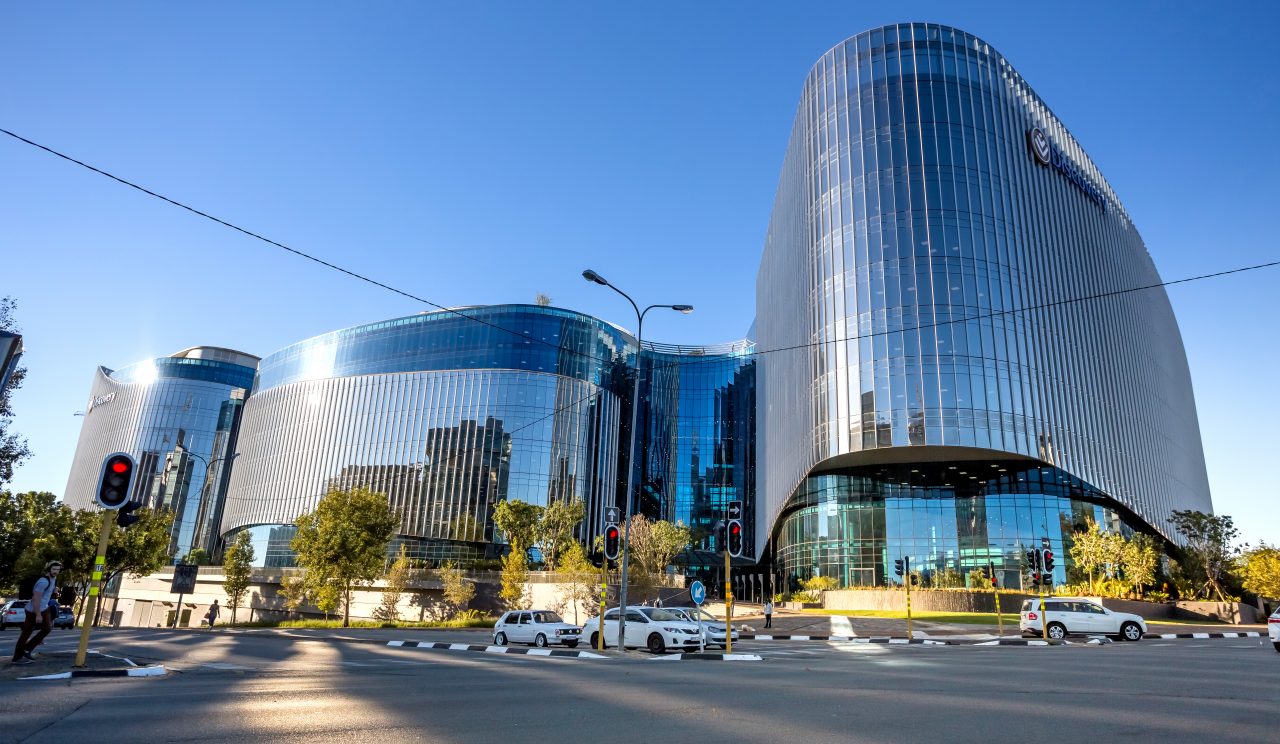Join GlobalBizzNetwork and start your international business network today.
Healthcare
The South African government’s adoption of National Health Insurance (NHI), the introduction of a new regulatory agency, along with efforts to augment economic growth will positively contribute to growing South Africa’s pharmaceutical sector and boost foreign investment, states market intelligence provider GlobalData.
Expected growth
According to the firm’s latest report*, the South African pharmaceutical market is expected to grow at a Compound Annual Growth Rate (CAGR) of 5.8%, from US$2.5 billion in 2011 to US$4.2 billion by 2020. This expected growth attributes to the South African government’s healthcare reforms, which include improving access to healthcare services by expanding insurance coverage to the entire population, and overhauling its regulatory processes to be faster and more transparent which will drive investment into the country.
Some of the major concerns impeding the growth of the South African healthcare market however are a poor healthcare infrastructure in rural areas and a lack of a universal system to keep healthcare costs in check. It is expected the government’s adoption of NHI to significantly reduce the direct healthcare costs for low-income families and households, especially those living in rural areas that bear the highest disease and poverty burden.
New research further explains how the NHI system will expand coverage and create an opportunity for these lower-income households to be included in the country’s healthcare system, regardless of income, as access to preventative services, like influenza and tuberculosis immunizations, will contribute to the growth of the country’s healthcare market.
South Africa is also modernizing its regulatory structure to speed up drug approvals and increase foreign investment into the country. Under the old regulatory regime, drug approvals took too long and the process was not transparent, which led many multinational pharmaceutical companies to consider investing in other markets with greater clarity, more streamlined processes and less risk. To this end, the South African government put in place the South African Health Products Regulatory Authority (SAHPRA), which will have a wide range of responsibilities including helping to remove the backlog of drug applications and expedite the registration process from five years to one year. This new agency will be a key contributor for incentivizing foreign investment into South Africa’s pharmaceutical sector.
Brics nation
South Africa has taken positive steps to augment macroeconomic growth, including pushing for the country’s official designation as a BRICS nation. This will not only benefit the macro-economy, but will spur investment and drive the country’s healthcare sector as well. This designation will create additional opportunities for South African pharmaceutical companies to develop new business relationships and strategic partnerships with fellow BRICS nations, along with other rapidly developing economies.










